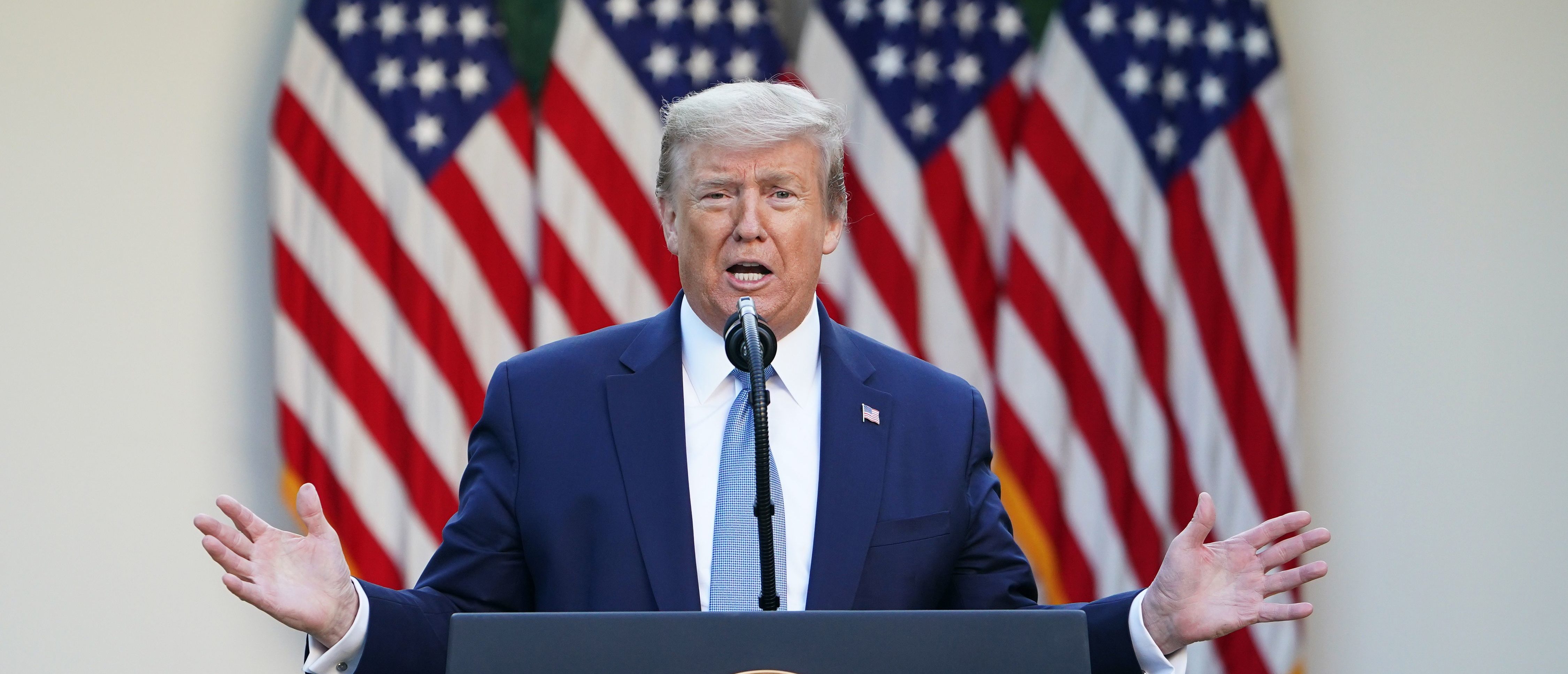Rasmussen Presidential Poll Overview

The Rasmussen Reports organization has established itself as a prominent player in the field of political polling, offering insights into public opinion on a wide range of issues, including presidential elections. Their polls have gained recognition for their unique methodology and the valuable data they provide to political analysts and the public alike.
Rasmussen Reports’ History and Methodology
Rasmussen Reports was founded in 1992 by Scott Rasmussen, a political strategist and pollster. The organization has grown into a respected source for political data, conducting polls on a variety of topics, including presidential elections, congressional races, and public opinion on current events.
Rasmussen’s polling methodology is distinct from other major polling organizations. It utilizes a unique approach known as “Random Digital Dialing” (RDD), which employs a computer-generated system to randomly select phone numbers for surveys. This method aims to ensure a more representative sample of the population by reaching individuals across various demographics, including those with unlisted phone numbers.
Significance of Rasmussen Presidential Polls
Rasmussen presidential polls hold considerable significance in the context of political forecasting. Their results provide valuable insights into the evolving political landscape, influencing campaign strategies and informing the public about the direction of the race. Rasmussen polls have consistently been among the most accurate in predicting presidential election outcomes, demonstrating their reliability and value to political analysts and the public.
Comparison with Other Polling Organizations
Rasmussen’s polling methodology differs from other prominent polling organizations, such as Gallup, Pew Research Center, and the Associated Press-NORC Center for Public Affairs Research. These organizations often employ a combination of methods, including telephone surveys, online surveys, and in-person interviews.
- Sample Size: Rasmussen typically conducts polls with smaller sample sizes compared to other organizations, which may impact the margin of error and the overall representativeness of the results.
- Weighting: Rasmussen applies a weighting methodology to their data to account for demographic factors and ensure that the sample reflects the national population.
- Focus on Likely Voters: Rasmussen often focuses on polls that target likely voters, which are individuals who are more likely to participate in the election. This approach aims to provide a more accurate picture of the electorate’s preferences.
The Rasmussen Presidential Poll has been a consistent indicator of voter sentiment, often providing insights into the dynamics of the upcoming election. The recent Sept 10 debate is likely to have a significant impact on these polls, potentially shifting voter preferences and shaping the narrative of the campaign.
The Rasmussen poll will be a key barometer to track the impact of the debate on the race for the presidency.
The Rasmussen Presidential Poll offers insights into the current political landscape, reflecting public sentiment on various issues. While the poll focuses on national matters, a recent trend has emerged in the hospitality industry, with the rise of Polly Pockets Airbnbs offering unique and miniature accommodations.
This niche market highlights the diverse ways individuals are seeking out novel experiences, potentially influencing how people view their living spaces and the potential for micro-living. Ultimately, the Rasmussen Presidential Poll provides a snapshot of political preferences, while the emergence of Polly Pockets Airbnbs demonstrates a shift in consumer behavior towards unconventional travel experiences.
